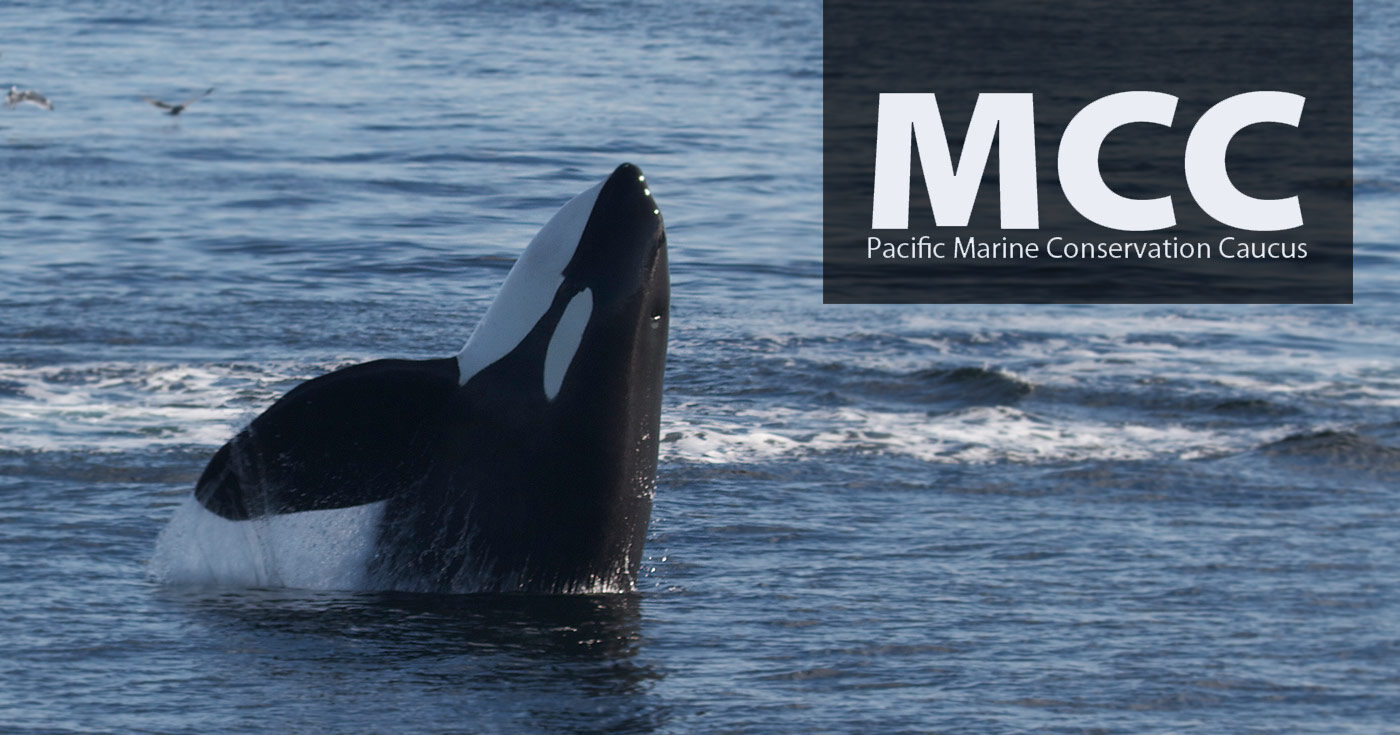Feedback on proposed Chinook Mass-Marking and Mark-Selective Fisheries

Through the Pacific Salmon Strategy Initiative (PSSI), DFO is proposing to expand mass-marking (MM) of hatchery fish and implement more mark-selective fisheries (MSF). In June, DFO distributed a discussion paper identifying considerations around expansion of MM and MSF in BC.
In late September, the MCC Salmon Subcommittee submitted feedback to DFO in response to their Discussion Paper. In this response, we identify and expand upon many considerations around the expansion of MM and MSF, as it relates to the recovery of wild salmon.
Our response provides a number of recommendations. The following is the executive summary of our response.
This report provides a review of the Mass Marking (MM) and Mark Selective Fisheries (MSF) discussion paper as proposed by DFO for management of Chinook salmon in BC waters. While several problems and risks associated with MM/MSF are outlined in the DFO’s paper, there are additional concerns that have not been adequately conveyed. Some of these concerns surround the impact hatcheries can have on wild salmon populations. Mass Marking is proposed as a way to improve genetic management terminally on spawning grounds of enhanced river systems. But even if Mass Marking mitigates some of the negative genetic impacts, and provides additional information on enhanced contributions, we find it difficult to see how it supports the conservation and restoration of wild salmon populations, the stated objective of the PSSI. Our review is guided by this, and questions the use of MM and MSF to aid in rebuilding and recovery of wild Chinook salmon.
Underpinning MSF is DFO’s belief they can maintain fisheries on hatchery salmon while recovering wild salmon at the same time. This is the same belief held by DFO’s Salmon Enhancement Program for the last 40 years that has failed to recover wild salmon. For this to unfold differently requires a recognition of this shortcoming and the willingness to place a priority on the recovery of wild salmon. For this to happen, hatcheries, MM and MSF cannot be a stand-alone pillar or goal of salmon management. Hatcheries must be in service to recovery, and the goal of hatcheries must be to turn them off once self-sustaining populations are established or to operate hatcheries for no more than three generations.
One of the reasons this has not happened in the past is because unsustainable exploitation persists on populations that need recovery plans. DFO has failed to implement recovery plans until forced to deal with them as a consequence of COSEWIC listings. Unless done in a scaled, thoughtful manner, MM/MSF will only perpetuate the disconnect between salmon recovery objectives and the desire to simply maintain fishing pressure via production hatcheries.
As such, our review and comments highlight relevant information that must be garnered before the implementation of MM and MSF.
We suggest:
1) A framework for implementation of MSF be developed that includes risk-averse management strategies and monitoring and assessment programs that quantify verifiable impacts on wild salmon. The implementation of small scale, terminal MSF must be established under a guiding framework that builds on the lessons learned in other jurisdictions.
2) It is essential that each enhanced river system undergo a thorough review of performance impacts on wild stocks, benefits versus risks, including a review of production levels, and establishment of PNI and pHOS targets.
3) A review of whether CWT exploitation rate indicators stocks are useful proxies for wild Chinook stocks. This will inform discussions on implications of MM and MSF for the CWT program.
4) Continued development of biological benchmarks and status assessments for all Chinook stocks intercepted in MSF fisheries. This is critical for assessing impacts and developing clear and quantifiable limits.
5) An independent and thorough cost/benefit review of MM and MSF relative to alternative strategies to recovery and rebuild wild Chinook salmon.
6) Replacement of ambiguous terminology such as ‘Priority Stocks’ and ‘Acceptable Limits’ with clear, quantifiable terms.
7) Development of Technical Working Groups that address our concerns/questions as detailed in Section 9.5.
8) Development of canonical decision-making structures that are based on sound science and precautionary management. These will provide thresholds and guidance at the appropriate management scale to support management of hatchery targets (e.g., number of broodstock, number of juveniles released).
9) A review of proposed MSFs that incorporates First Nations priority rights and considers terminal abundance.
10) A clear and transparent plan for long-term funding to support monitoring and assessment programs critical to MSFs for assessing impacts to wild Chinook salmon.
11) Each proposed MSF, including ongoing pilot MSFs, should undergo a thorough review by a table of DFO, interested First Nations, and stakeholders, to ensure they compliant with relevant policies under Canada’s Sustainable Fisheries Framework, including the Fisheries Monitoring Policy, the Policy for Managing Bycatch, Guidelines for Writing Rebuilding Plans, and the Fishery Decision Making Framework.
